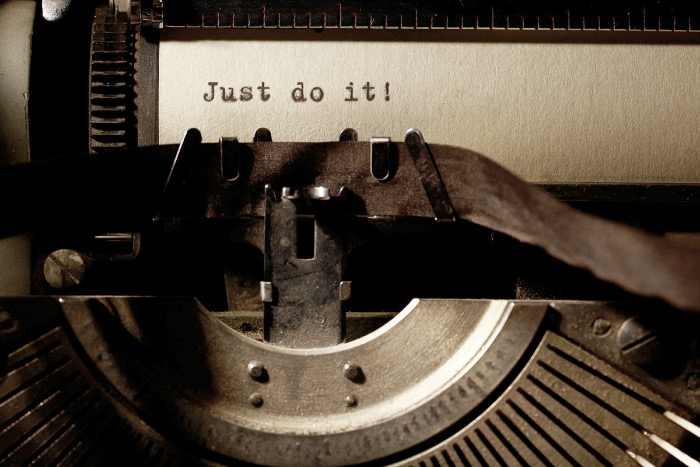
As for whether this is the last time we will hear a new Bob Dylan song. I certainly hope not. But perhaps there is some wisdom in treating all songs, or for that matter, all experiences, with a certain care and reverence, as if encountering these things for the last time. I say this not just in the light of the novel coronavirus, rather that it is an eloquent way to lead one’s life and to appreciate the here and now, by savouring it as if it were for the last time. To have a drink with a friend as if it were the last time, to eat with your family as it were the last time, to read to your child as if it were the last time, or indeed, to sit in the kitchen listening to a new Bob Dylan song as if it were the last time. It permeates all that we do with greater meaning, placing us within the present, our uncertain future, temporarily arrested.
Nick Cave, the Australian singer, songwriter, and front figure of the rock band Nick Cave and the Bad Seeds, on a question about Bob Dylan’s latest song in his Red Hand Files (where he answers questions from fans).
If you liked this post, share it on your preferred social network or forward it to a friend.




